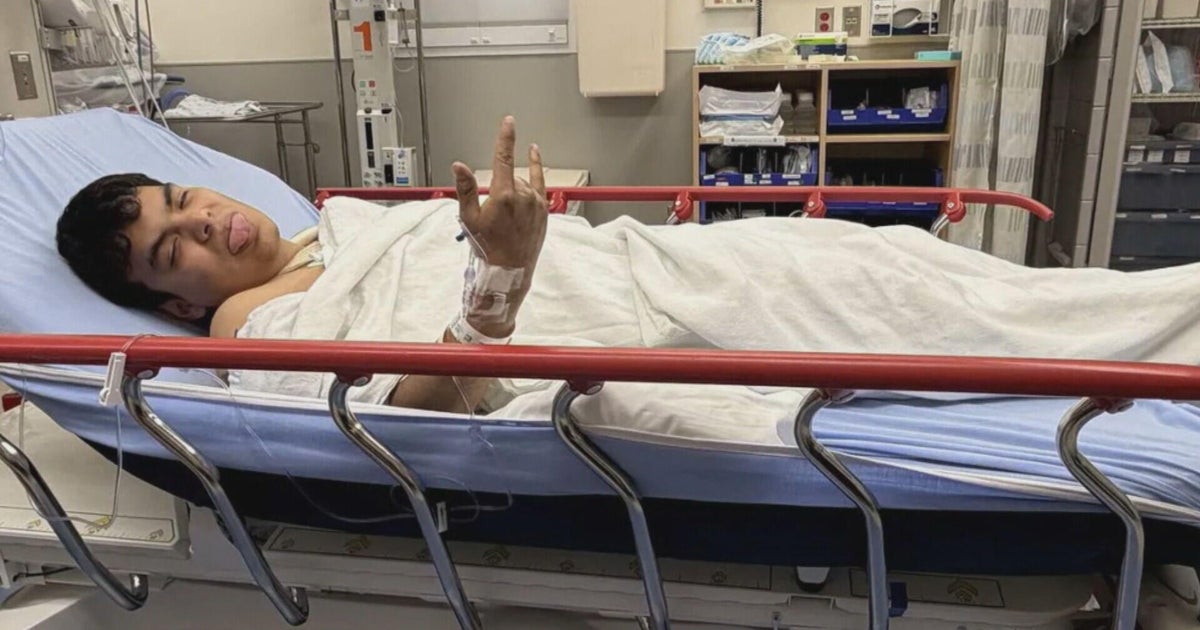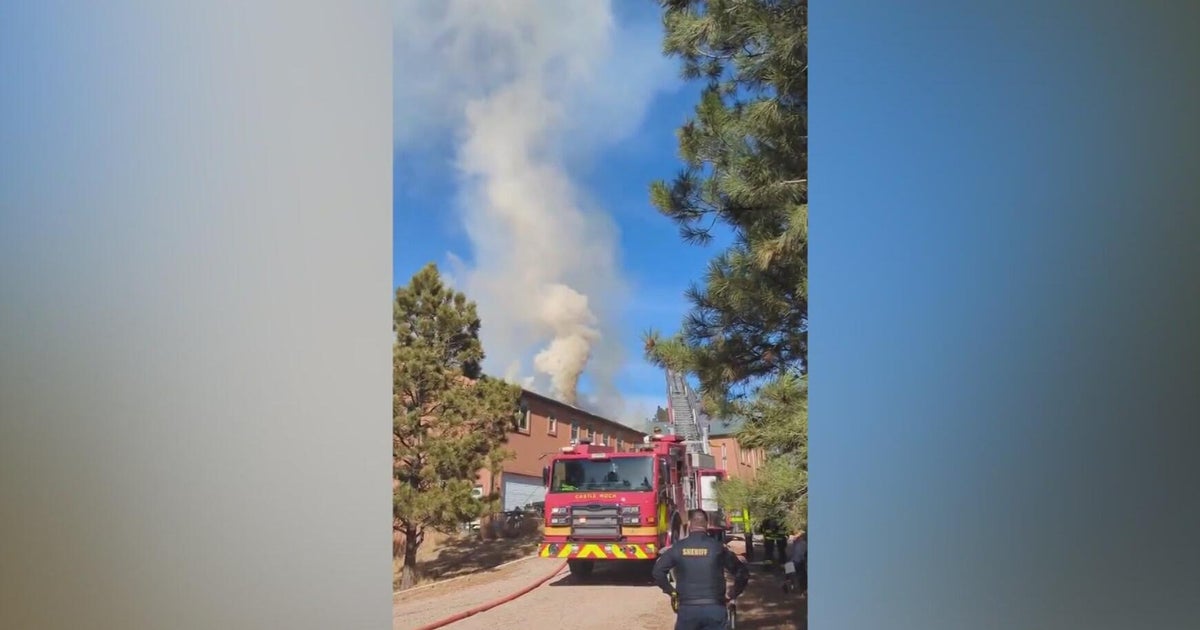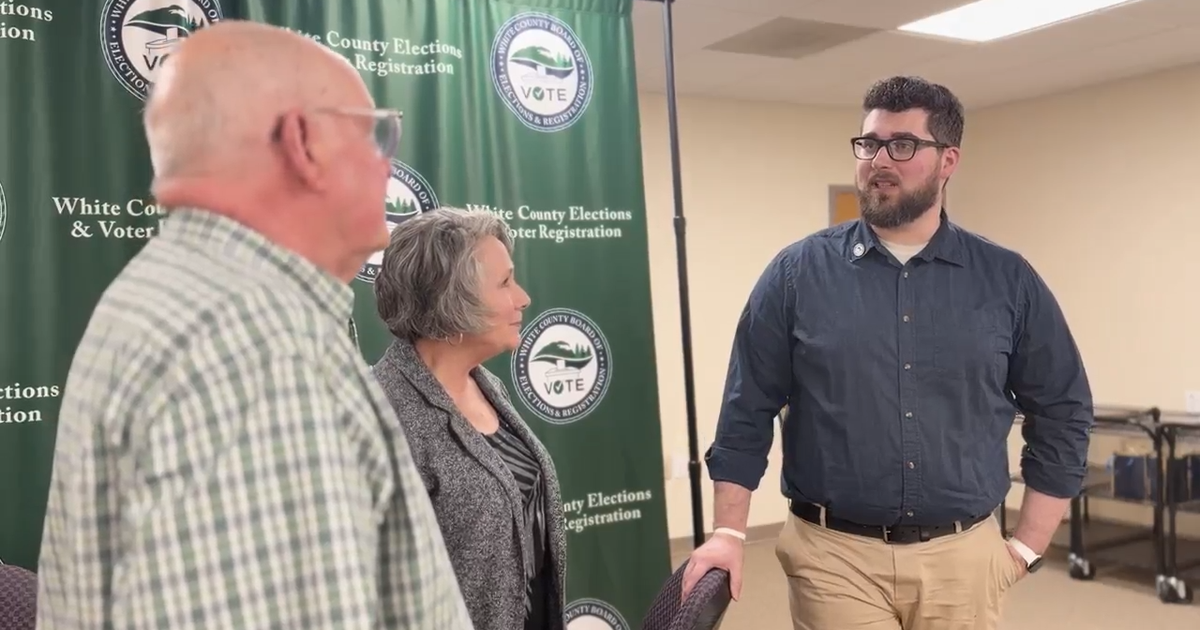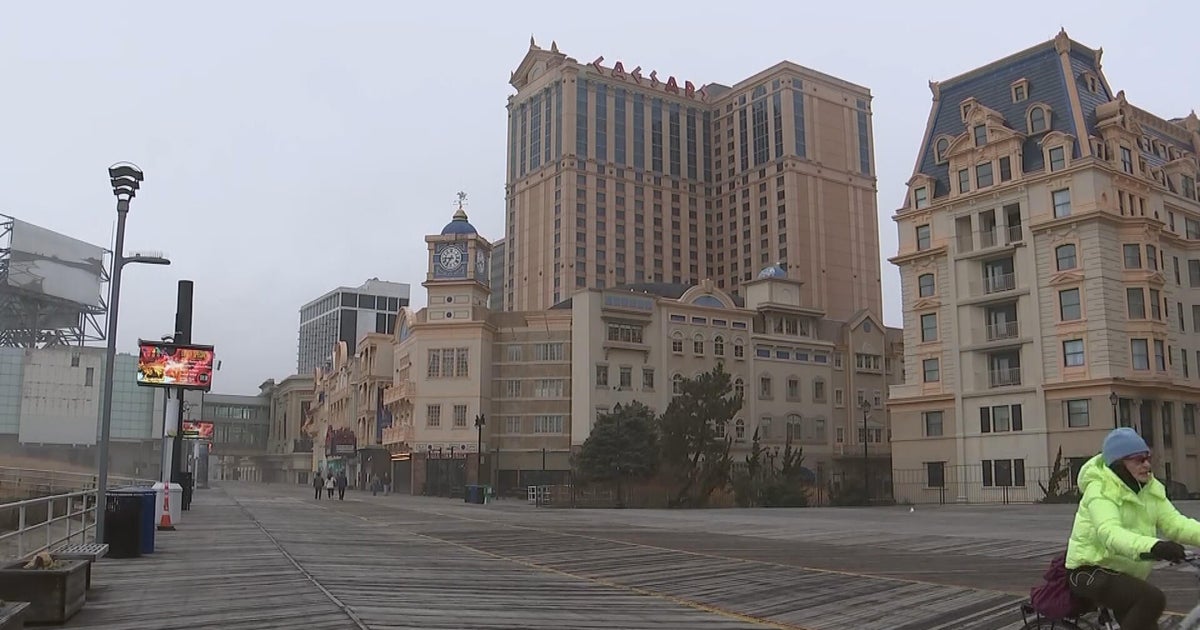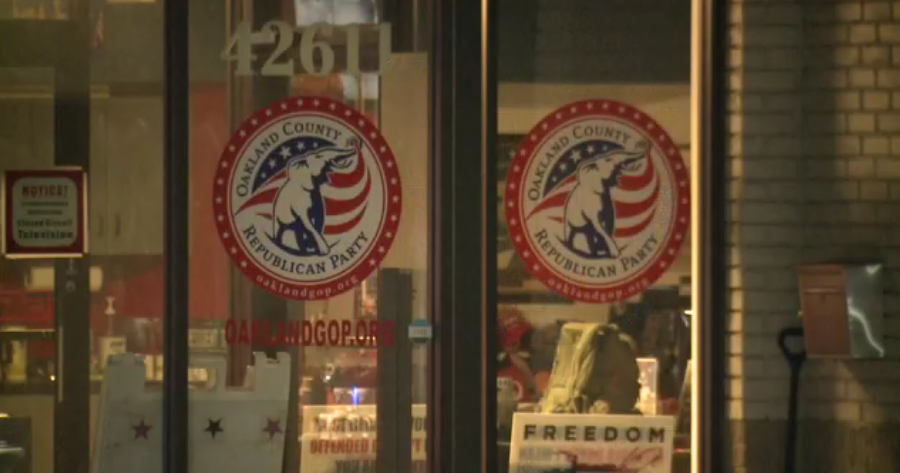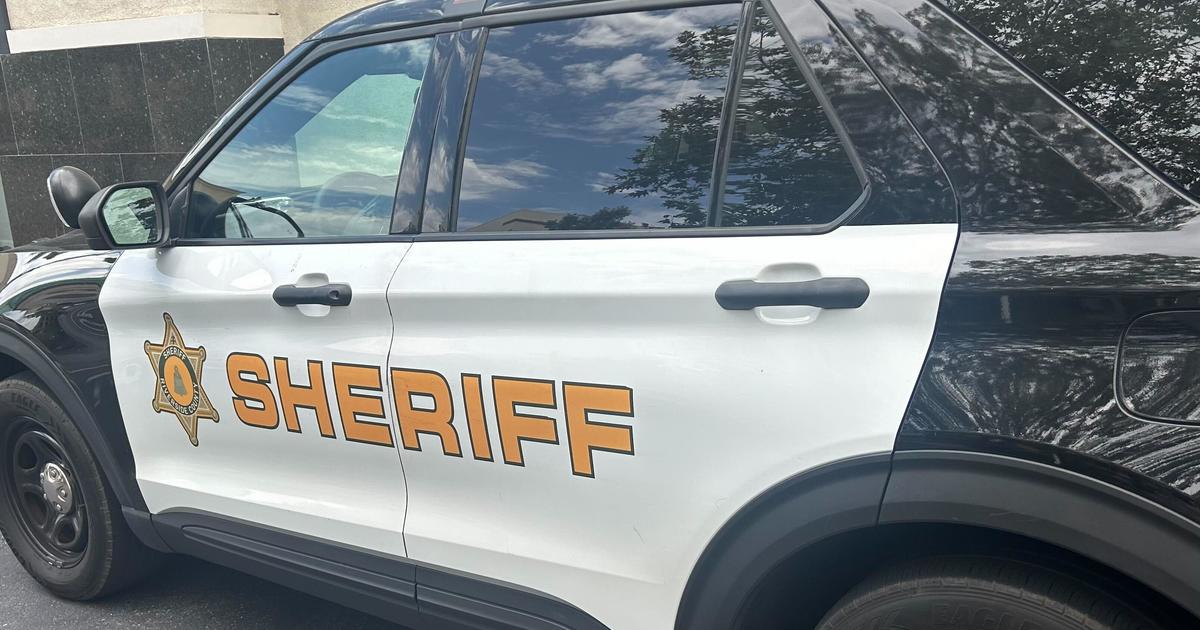Colorado Ballot Counters Braced For Long Night
DENVER (AP) - Most voters in Colorado cast their ballots before Election Day, but that may not mean an earlier evening for the state's ballot counters.
Colorado's elections clerks are braced for a tight presidential contest, a long night and even the possibility of recounts for close races.
The Denver Post reports that some county clerks charged with tabulating the votes have contingency plans to count ballots through the night until all are counted.
"This entire election, there has been more pressure, more scrutiny, more angst from the voting public about ensuring their vote counts," said Sheila Reiner, Mesa County clerk and recorder. "That's different this year."
Other clerks said they're sending employees home around midnight and resuming Wednesday if there are more ballots to count.
"I can't kill my judges. I just won't do it," Larimer County's Scott Doyle said, referring to his 1,000 temporary workers who went through background checks and about two to four hours of training to help out during the crazy season.
Statewide, there are some 6,000 counting judges. They're temporary workers who earn $125 a day or $10 an hour, depending on the position. They're paired in bipartisan teams of two - a Republican with an unaffiliated, for example - and they feed mail ballots into machines, man the voter check-in tables and help unregistered voters fill out provisional ballots.
The boost in mail and early in-person voting should make Election Day easier for clerks because so much of the tabulating is done in advance. Though clerks won't "tally" votes collected through Monday until 7 p.m. on Election Day, the votes already cast are in the computer, and results of early and mail voting will be available as early as 7:10 p.m.
That doesn't mean there won't be races so close that winners won't be declared for hours or days. Colorado is no stranger to close elections.
Democratic Sen. Michael Bennet won his seat in 2010 by less than 1 percent of the vote. In 2000, current U.S. Rep. Jared Polis, D-Boulder, won a statewide school-board seat by 90 votes.
State taxpayers will pay for a recount only when there is roughly a 6,500-vote difference, depending on voter turnout. It's a formula that takes the difference between the top two vote-getters and divides that by the votes received by the top vote-getter.
But if either party felt uneasy about the results, it could pay for its own recount - which would run about $2 million, said Rich Coolidge, spokesman for the Colorado secretary of state.
(© Copyright 2012 The Associated Press. All Rights Reserved. This material may not be published, broadcast, rewritten or redistributed.)
